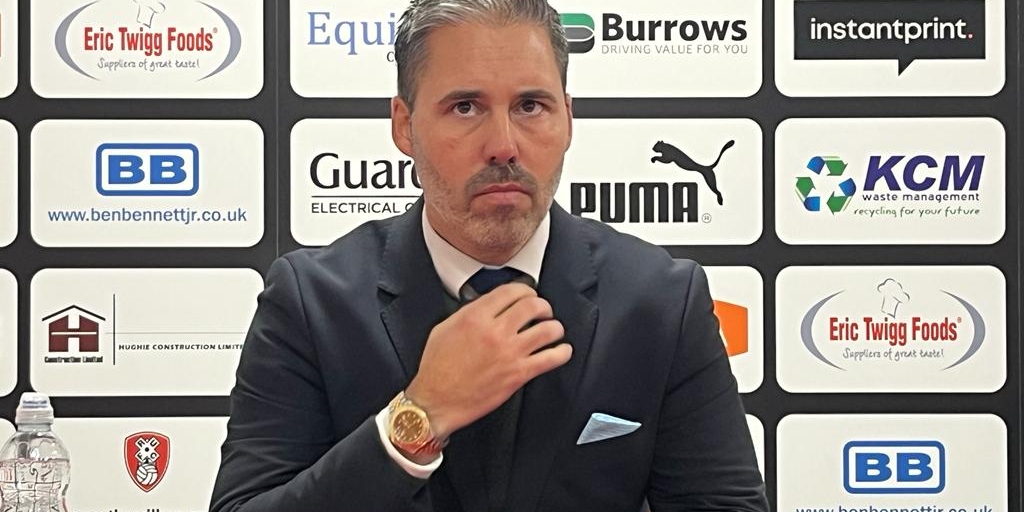Signing of Nardi highlights how Cifuentes wants QPR to play

QPR’s first major signing of the summer is a major sign of Marti Cifuentes’ intent.
The Spaniard showed pragmatism after inheriting a team on course for relegation when he took over last season.
Recognising the physical nature of the Championship, the limitations of the team, and of course the urgent need to pick up points, Cifuentes compromised on his football philosophy in order to get the job done.
Jimmy Dunne was deployed at right-back, offering an added aerial presence at set-pieces – which had been a serious weakness for Rangers – and in general Cifuentes was willing to be more physical and direct.
And the job was very well done, with Rangers staying up with a game to spare, six points clear of the relegation zone they were in for much of the season, with a victory at Leicester and thrashing of Leeds among some notable wins.
Cifuentes has rightly been lauded and his popularity among fans is currently high.
The obvious question has been to what extent that pragmatism might continue, if at all, beyond the end of the season. Would he then look to impose something more like his preferred style?
The signing of French keeper Paul Nardi answers that question.
Nardi has been brought in on a two-year deal after his contract at Belgian outfit Gent ended.
A number of English clubs – including some in the Premier League – have looked at Nardi previously.
Standing at around 6ft 1in, he is not in the mould of the larger, more physically imposing keeper clubs tend to favour.
He is, however, excellent with the ball at his feet and that is largely why he has secured a move to QPR.
As a starting point in terms of summer signings, it speaks volumes about what Cifuentes wants: a team – including a keeper – that can play out from the back.
An improvement?
It is somewhat ironic that Nardi arrived on the day former R’s keeper Liam Kelly moved to Glasgow, to Rangers, from Motherwell.
The signing of Kelly in 2019 was a similar statement of intent by Mark Warburton, who was also determined to impose a possession-based style.
Warburton saw Kelly as pivotal to that because of his ability with the ball at his feet.
QPR will hope this signing is more successful. Kelly is a talented keeper but the move to London didn’t work out, with both he and Joe Lumley struggling before the emergence of Seny Dieng offered a marked – and, at the time, much needed – improvement.
Nardi, at least in terms of physical stature, is no Dieng. But the hope is that he similarly proves to be an upgrade on what came before.
At 30, he is still young for a keeper, and should be coming into his best years.
The same certainly cannot be said about Asmir Begovic, whose signing a year ago was a mistake.
Begovic was a fine keeper in his time but had shown a willingness to be merely a back-up option in recent years.
That should have had alarm bells ringing, as should the then manager Gareth Ainsworth’s fawning over the signing of a relatively big name.
QPR bringing in a keeper based on their profile and attributes, and how they match up to the manager’s preferred style of play, rather than their reputation, in a sense already represents an improvement.

28/06/2024 @ 1:41 pm
Seriously, stop making things up!
It’s an intent of how the team will play by bringing in a keeper who can play with the ball at his feet?
Most keepers on the planet are asked to do this, so unless your name is Ainsworth, this is what most managers look for.
Dunne ‘deployed at right back’ provided aerial presence from set pieces? SO in central defence, he wasn’t a threat, as it was only when he started at right back? Come on people!
If you have to make b/s up to get a story printed, you’re in the wrong jobs, fact!